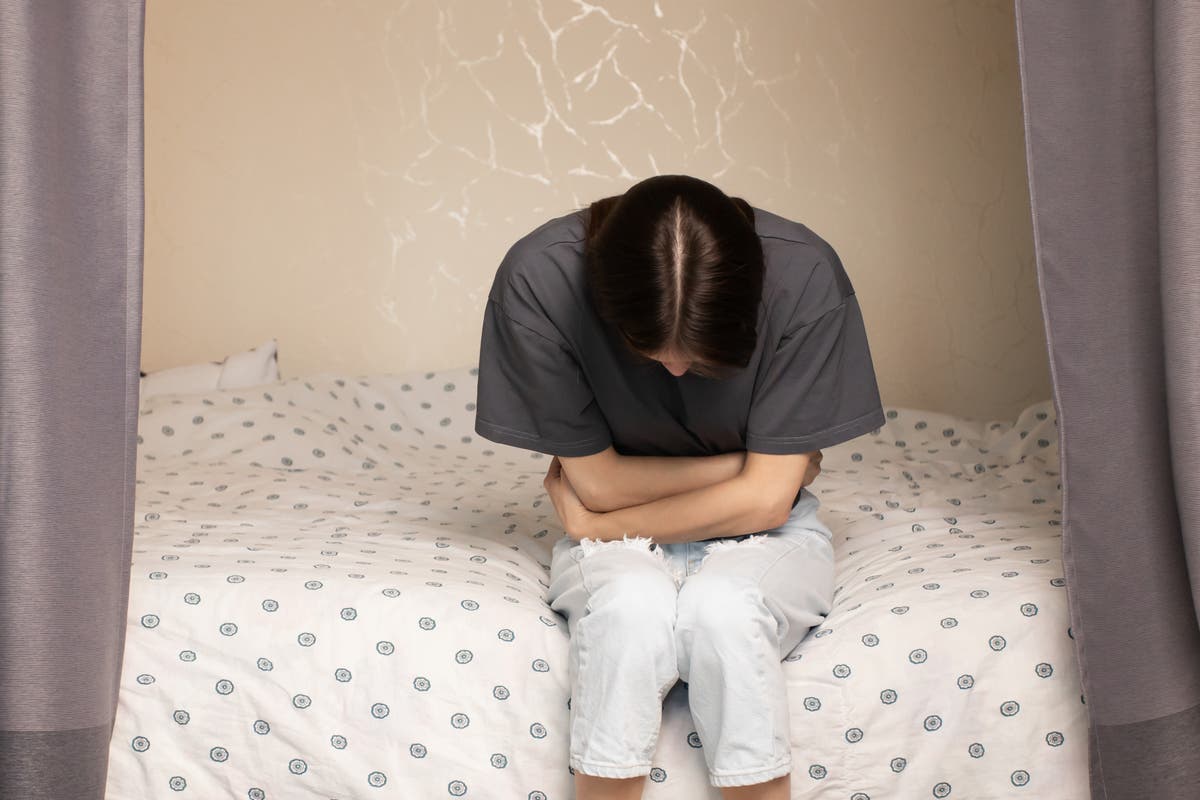Your support helps us to tell the story
Our mission is to deliver unbiased, fact-based reporting that holds power to account and exposes the truth.
Whether $5 or $50, every contribution counts.
Support us to deliver journalism without an agenda.
It’s time to start taking photographs of your used sanitary pads, girls. Better yet, why not rip open the lid of your nearest sanitary bin, surround yourself with its gory contents and snap a selfie? Actually, why not just tug on your tampon string, pull the whole bloodied thing out, and wave it around like lasso everywhere you go?
Honestly, I’m not sure that would be enough; you could probably go full Carrie and still doubts would be raised as to whether or not you’d simply dipped yourself in ketchup. Still, this is my best advice to the pupils at Neale-Wade Academy in March, Cambridgeshire, who’ve been told they cannot take sick days due to period pain unless their parents can provide “proof” of their affliction.
According to a recent email sent to Neale-Wade Academy parents as seen by the BBC, the new policy has been created to boost attendance. “From immediate effect we will not be accepting terms such as ‘unwell, poorly, ill’ or similar as explanations relating to student absence,” it read. “Communications made using these and similar terms will be recorded as unauthorised.”
The school went on to issue a list of reasons that would not be accepted and consequently classed as an “unauthorised absence”, including, “period pains (unless we have medical information relating).” National rules dictate that parents of children who miss five days of school in a term for unauthorised absences can be penalised with fines of up to £160.
Naturally, the move has been vehemently criticised. “Is lying in the fetal position groaning enough?” tweeted one person in response to the news. “Having to rush to the toilet every half an hour? Tell them to have a look at the sanitary products, that’ll sort the men from the boys and make them forget this whole charade.” Another added: “Requiring proof for period pain undermines trust and ignores the real, often debilitating impact it has. Women’s health should be respected, not questioned.”
The school’s principal, Graham Horn, has responded by stating that the policy changes include “increased support for students at risk of persistent absence and potential legal consequences for unauthorised absences”. He added: “We appreciate the cooperation of parents and carers as we work together to ensure the best educational outcomes for all our students.”
All this sets a worrying precedent, one that entirely erodes the validity of female pain. The suggestion that girls will need evidence of their period pains is condescending in and of itself, and taps into decades of medical misogyny that has forever prevented healthcare practitioners from taking women’s health issues seriously.
Girls with excruciating period pains will grow up thinking that their suffering isn’t important
Don’t be dramatic. It’s all in your head. And so on. This is the kind of rhetoric that women are all too used to hearing when it comes to discussions of menstrual pain. It has dangerous consequences, too, for those suffering with chronic conditions like endometriosis, which occurs when tissue similar to the lining of the uterus grows outside of it. This can result in severely painful periods, fatigue and pain during sex.
On average, endometriosis takes roughly at least a decade to diagnose. Why? Because that’s how long it takes for people to take female pain seriously. Ask any woman with endometriosis how many healthcare practitioners turned them away with a pat on the back and a packet of paracetamol before someone believed that they were actually in agony, and you’ll see my point.
The fact that this kind of messaging is starting in schools is deeply concerning. Girls with excruciating period pains will grow up thinking that their suffering isn’t important. Or at least that it won’t be unless they’re literally writhing on the floor, screaming with… I don’t know… menstrual blood all over their face in order to get someone to listen to them.
It will prevent them from being diagnosed with serious medical conditions and open up the door to all sorts of other issues; infertility and depression are both symptoms of endometriosis, while some sufferers will wind up having to undergo a hysterectomy, which is the removal of your womb.
To categorise period pains alongside colds and sniffly noses as flippant, fake-until-proven-real ailments is not only wildly ignorant, it’s sexist. There should be no place for it in schools, or anywhere else for that matter. It’s 2024: isn’t it time we started believing women and girls?


